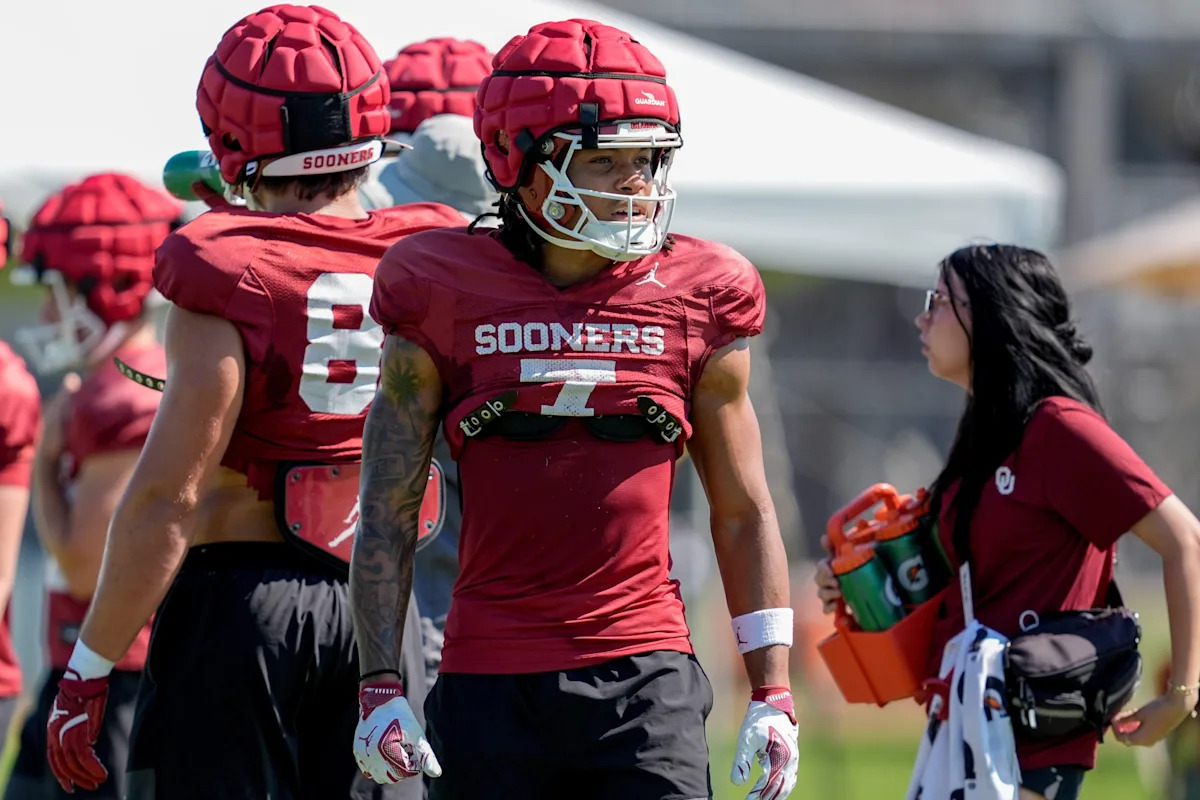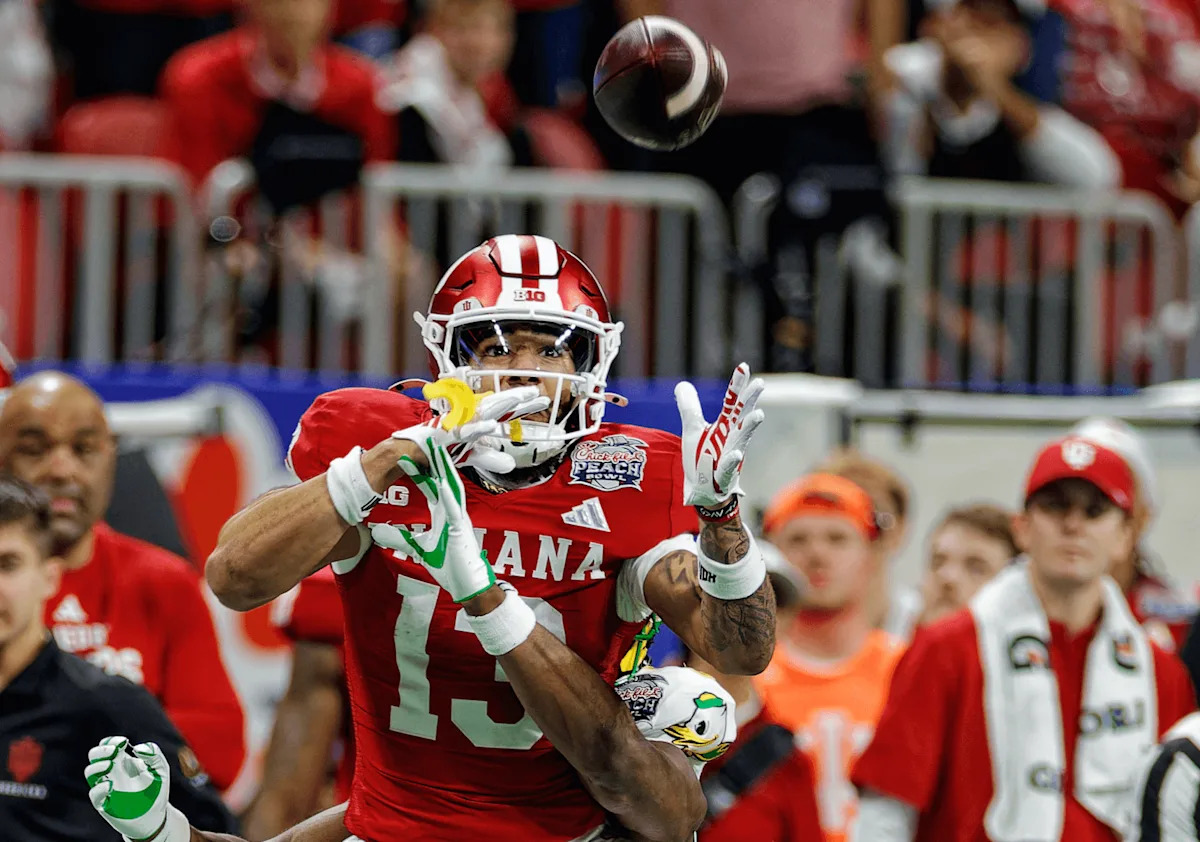Paul Finebaum believes that college sports as we know it are “over.”
The prominent ESPN college football personality believes that the House vs. NCAA settlement is massive for the future of college sports. Judge Claudia Wilken announced the approval on Friday of the House vs. NCAA settlement Friday in the U.S. Northern District of California. It opens the door for revenue sharing among student athletes.
Finebaum, meanwhile, believes that this settlement opens the door for the future of college sports to be “over” as we really know it.
Icon Sportswire/Getty Images
“I couldn’t help but think back about 10 years ago, when Mark Emmert, then the President of the NCAA, essentially said college athletes will be paid over my dead body. He’s still alive, but the NCAA is dead,” Finebaum said during an appearance on SportsCenter. “It may still be in existence. We’re still having tournaments, such as the Women’s World Series and the Men’s Baseball Tournament, but the NCAA, as we know it, is gone. They literally have no jurisdiction whatsoever other than to be tournament directors.
“This was supposed to level the playing field. Everybody pays the same into the kitty and then divides it up, but it will do anything but. The big will get bigger, and the small schools will simply slip away… Other than maybe in in basketball-only conferences that can use all that money for basketball, as opposed to, like, Alabama and Georgia and Ohio State, where they have to split up $20.5 million.”
Starting on July 1, schools will be able to share $20.5 million with its student-athletes. Football players are expected to receive the majority share, followed by men’s basketball.
Finebaum believes that non-revenue sports, especially women’s basketball and women’s softball, could be hit hard.
“The real casualty of all this, I believe, is going to be the one part of college athletics that has grown so much,” said Finebaum. “We watched the Women’s World Series last night, a million-dollar pitcher, by the way, for Texas Tech. Women’s sports, I think, are going to suffer from this. If you’re one of these Ohio States or Alabamas, and you’re dividing up $20.5 million, you know where most of it’s going, it’s going to football. That’s really a major casualty.
“College athletics did this to themselves. They’re not really suffering for it, because it’s a billion-dollar industry, but it’s going to be very uneven in the future. I think, at some point, fans are going to start tuning out. There’s such an existential threat to what we grew up loving, and we still do. It’s not going to be the same anymore.”
Time will tell just how big of an impact it has.























